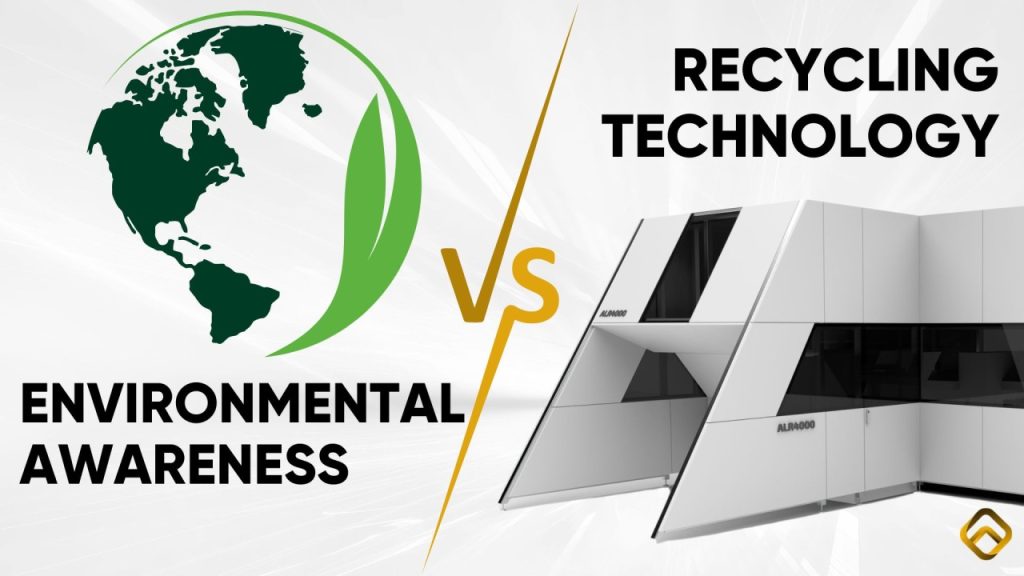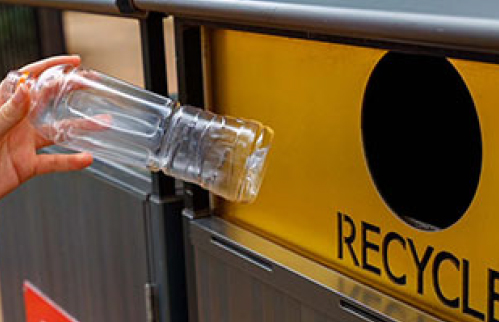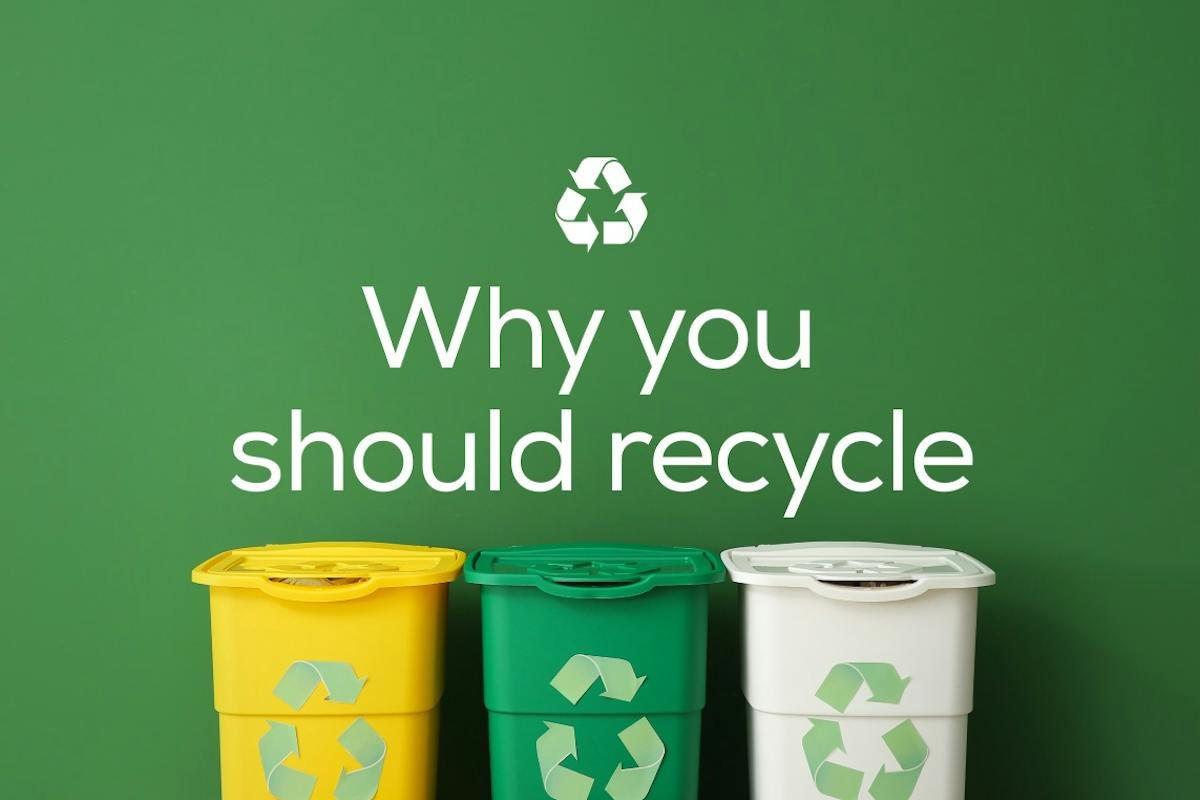Recycling green waste not only saves money but also boosts the economy and helps the environment. By turning things like leaves, yard clippings, and food scraps into useful products, we can make a real difference. Communities and businesses can learn a lot about the financial benefits of supporting green waste recycling programs. To dive deeper into green waste removal, check out WM Waste Management Services.
Job Creation and Local Economic Grow

Green waste recycling creates jobs directly in our communities. From collecting and processing materials to distributing recycled products, this industry supports a variety of roles in waste management, logistics, manufacturing, and retail. These jobs not only provide stable incomes but also help our local economy grow and strengthen our communities..
Cost Savings for Local Governments

Efficient green waste recycling programs help municipalities save a lot of money. Traditional methods like incineration and landfilling are expensive and use up resources. By diverting green waste from landfills, municipalities can lower disposal costs significantly.
Moreover, composting green waste reduces the need for chemical fertilizers, which are typically bought by municipalities for public landscaping and gardening. Compost enriches soil quality naturally, promoting sustainable farming practices and reducing costs for public maintenance and agricultural supplies. This transition can bring about substantial savings for municipalities.
Generating Revenue from Recycled Products
Selling products like compost, mulch, and biogas—all of which are valuable and can be marketed to a wide range of consumers, from home gardeners to large agricultural companies—helps recycling facilities generate a consistent stream of income, which helps them cover costs and increase profits. For example, compost is highly valued in agriculture because it can improve crop yields and soil health, which creates a steady demand from farmers and gardeners. Similarly, mulch made from green waste is popular for landscaping because it helps retain soil moisture and control weeds, drawing in both residential and commercial customers.
Sustainable Energy Production

Another way to profit from green waste is by creating biogas. By using anaerobic digesters, we can turn organic waste into biogas, a renewable energy source. This biogas can be used as fuel for cars or to generate heat and electricity. Communities can promote sustainable energy and reduce their reliance on fossil fuels by tapping into the energy potential of green waste.
Producing biogas not only fosters energy independence but also allows for selling excess energy back to the grid, providing extra revenue for governments and businesses involved in green waste recycling. Additionally, the byproduct of this process, known as digestate, can be used as a natural fertilizer, supporting sustainable agriculture and a circular economy.
Final words
Green waste recycling offers numerous benefits, from creating jobs and saving costs to generating revenue and promoting sustainable energy. By investing in green waste recycling programs, communities and businesses can contribute to environmental sustainability while also boosting local economies. Embracing these practices helps us move towards a more sustainable future, where waste is transformed into valuable resources.





